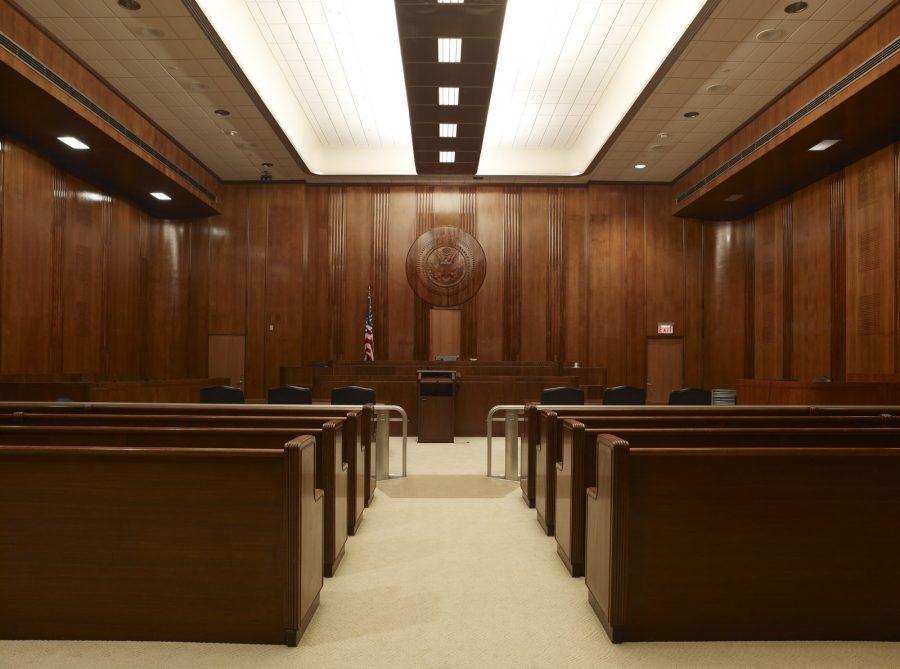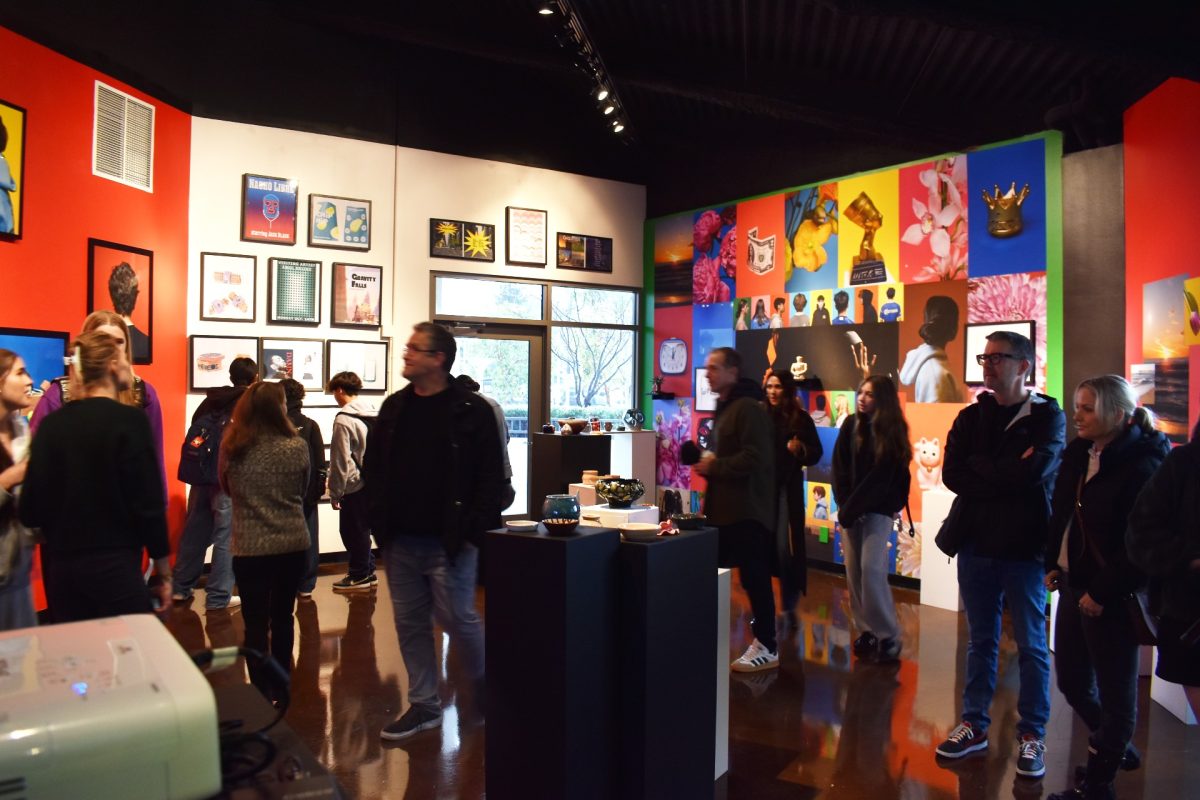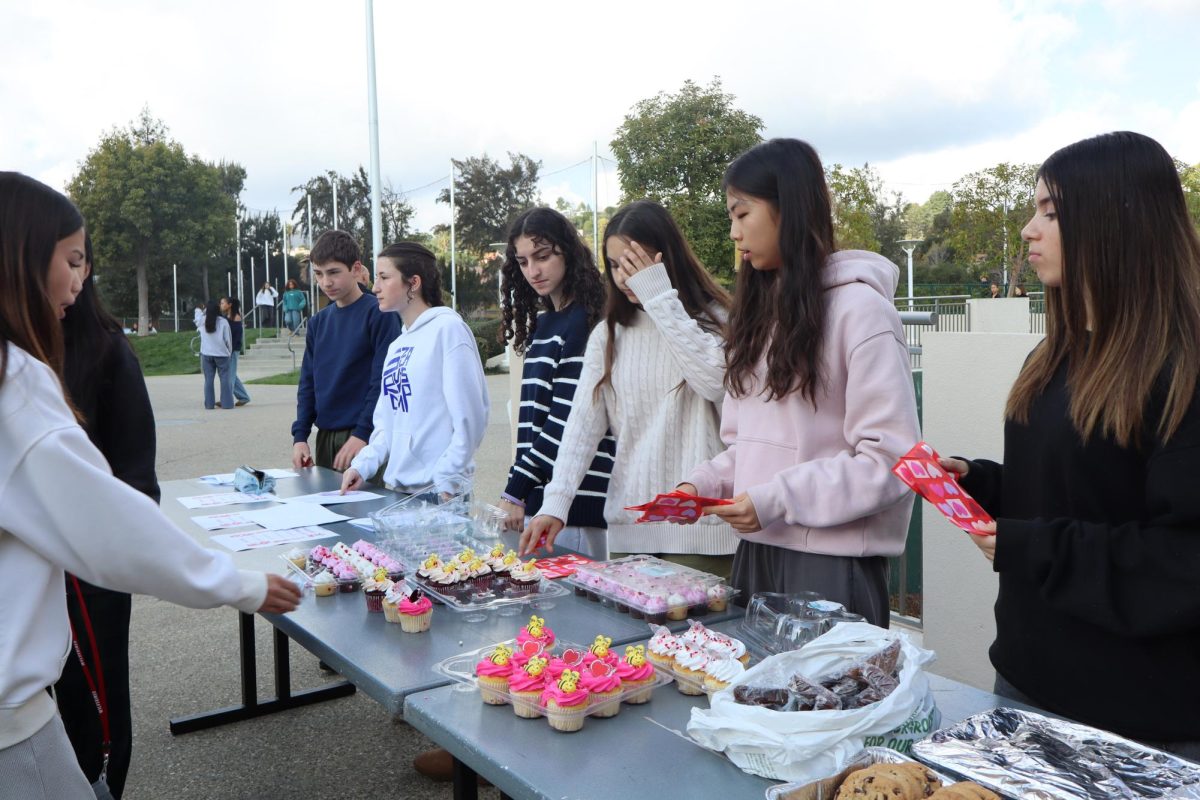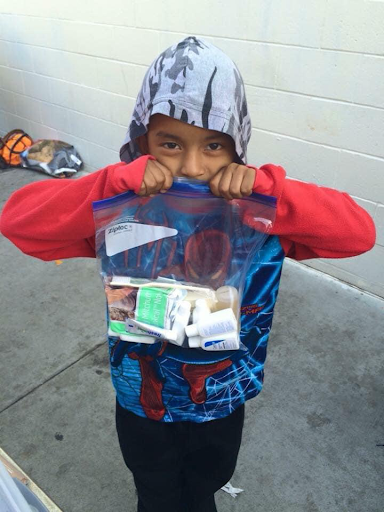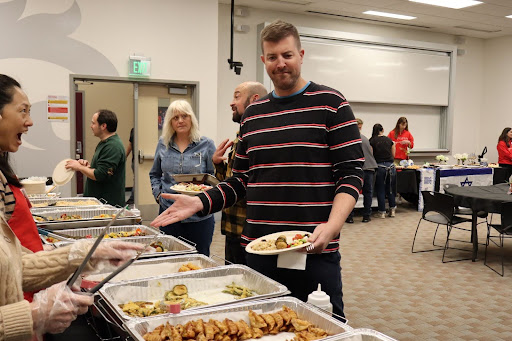Walking into Stanley Mosk Courthouse in Downtown Los Angeles you may notice a few changes. The hallways are barren, the usual echoing talk is gone, and the few people you do see are wearing face coverings. Although the Los Angeles courthouses have reopened, the changes go far deeper than the surface and may change the way law is practiced forever.
The first big change comes in the form of virtual appearances. In civil cases, a lot of people are choosing to appear virtually through a program called LA Court Connect. LA Court Connect provides attorneys and their clients with a way to appear in court for a fee of $23 with audio, video and a translator (if necessary).
“The court has prioritized and expedited remote appearance options throughout the nation’s largest trial court system to achieve social distancing and to provide safe, convenient alternatives to in-person court appearances during the COVID-19 pandemic,” Presiding Judge Kevin Brazile said in a statement on the Los Angeles Superior Court website.
These virtual appearances are changing the way law is done in civil courts in the short term but possibly in the long term also. Making court appointments is now easier, quicker and more efficient could become a new normal.
Although these virtual appearances are great for some types of cases, there are many times when it does not work. For example, in criminal cases there is usually a judge, jury, attorneys and a defendant who is on trial.
This past month, Supervising Criminal Judge of the Los Angeles Superior Court Sam Ohta conducted the very first criminal trial in Los Angeles Superior Court since the shutdown in March, and there were a few key changes that had to be made. One obvious challenge was social distancing in a courtroom.
“Social distancing logistically makes conducting jury trials more difficult,” Ohta said, “Courtrooms hold approximately 75 people before social distancing. With social distancing, the number goes down to roughly a third – which is around 25.”
According to Ohta, there were also less obvious challenges that you might not expect to be a problem. For example, the wearing of masks by jurors and witnesses raised Constitutional issues.
“Under the federal Constitution, criminal defendants have a right to confront and cross-examine their accusers,” Ohta said, “The wearing of masks potentially violates the Confrontation Clause as a part of the witnesses’ face is covered. Under the law as interpreted by several courts, defendants have a right to ‘face-to-face’ confrontation which, the mask, arguably violates.”
Although the courtroom may look drastically different with plexiglass shields, hand sanitizer stations, and spaced out chairs, Ohta did his best to make everyone in the courtroom feel safe.
“I took a long time (hour and a half) speaking to the prospective jurors and went over all of the safety rules one by one so that everyone knew the rules to be followed,” Ohta said, “I let the jurors know, no one is exempt from the rules,”
Although jurors might feel uncomfortable in the strange environment, it is important for them to understand the rules both to make them feel more comfortable and slow the spread of COVID-19. With these precautions, Los Angeles courts hope that they can slow the spread of COVID-19 and get back to the new normal as soon as possible.
